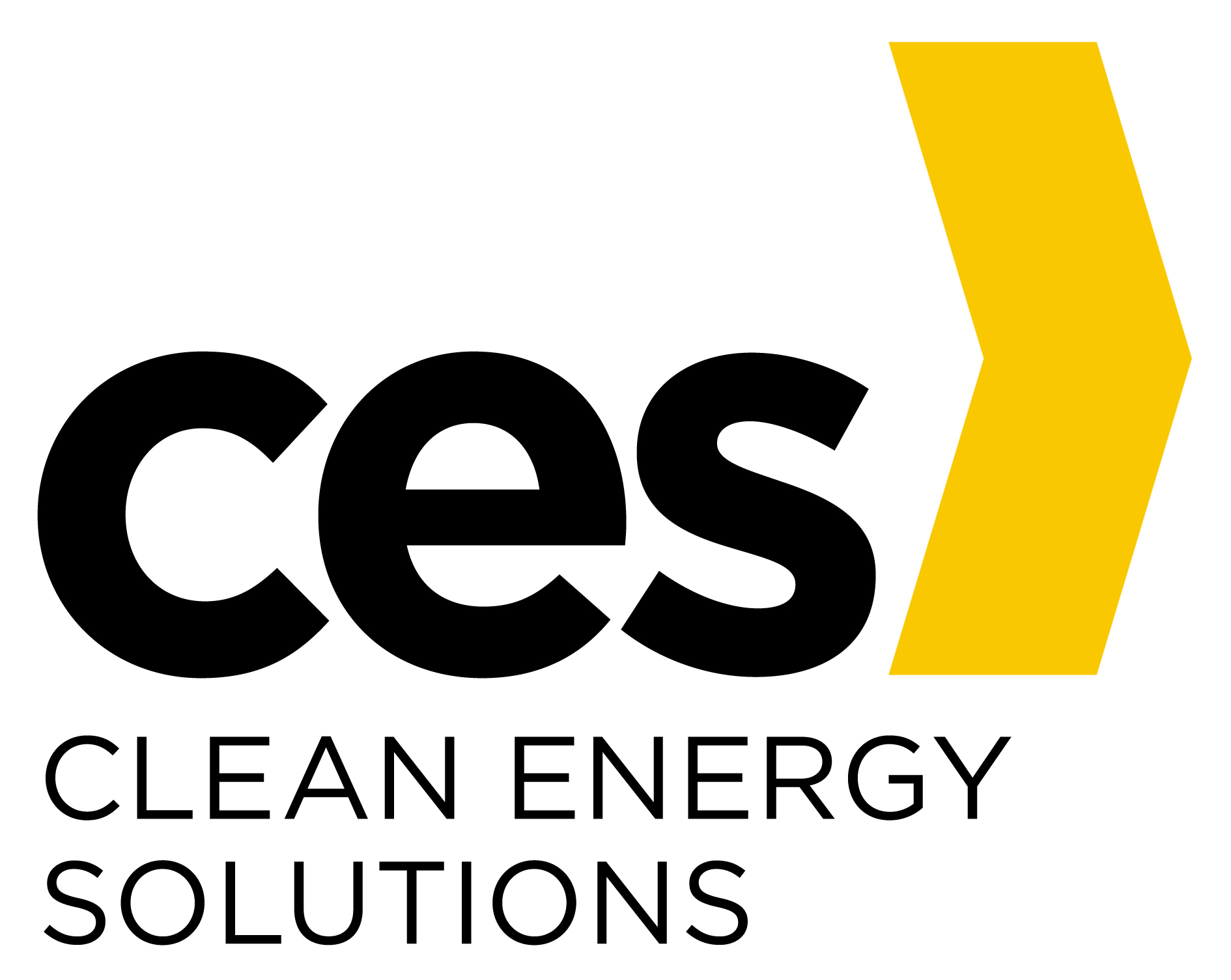From the vision through to project financing, CES clean energy solutions is your development partner for technical, environmental and market-specific questions for renewable energy plants, district and neighborhood heating systems, energy efficiency projects and sustainable building and urban development. We base our experience on successful projects with private and public clients as well as national and international development banks.
Planning, coordination and support or representation of our customers in the construction phase is a core element of our scope of services. We are used to assuming responsibility and are available at any time during the implementation phase with experienced specialists and management staff.
CES clean energy solutions supports International Finance Institutions and Development Banks (e.g., EIB, EBRD, The World Bank, NEFCO, etc.) in preparing and managing credit lines for infrastructure investments and energy efficiency programs in their core countries. Specific experience with country-specific and international projects and related funding requirements, as well as national capacity building in both the private and public sectors, is essential to successful program implementation.
Global urbanization is becoming an increasingly important issue, creating new challenges for managing the Cities infrastructure the future. Sustainable and future-oriented urban development is gaining more attention worldwide, but can rarely be countered with a “one-fits-all” solution. Holistic and multidisciplinary approaches are required.
The environmental and social impact of human activities is an important issue when discussing plans, policies, projects or programs. An environmental and social assessment (ESIA) ensures the consideration of these aspects in the planning, implementation and operational phase of a project and is an integral part of the decision-making process. CES ensures that you are aware of the positive as well as the negative impacts of your plans, policies, projects or programs, while identifying ways in which you can minimize, mitigate and eliminate the negative impacts of the proposed measures.


